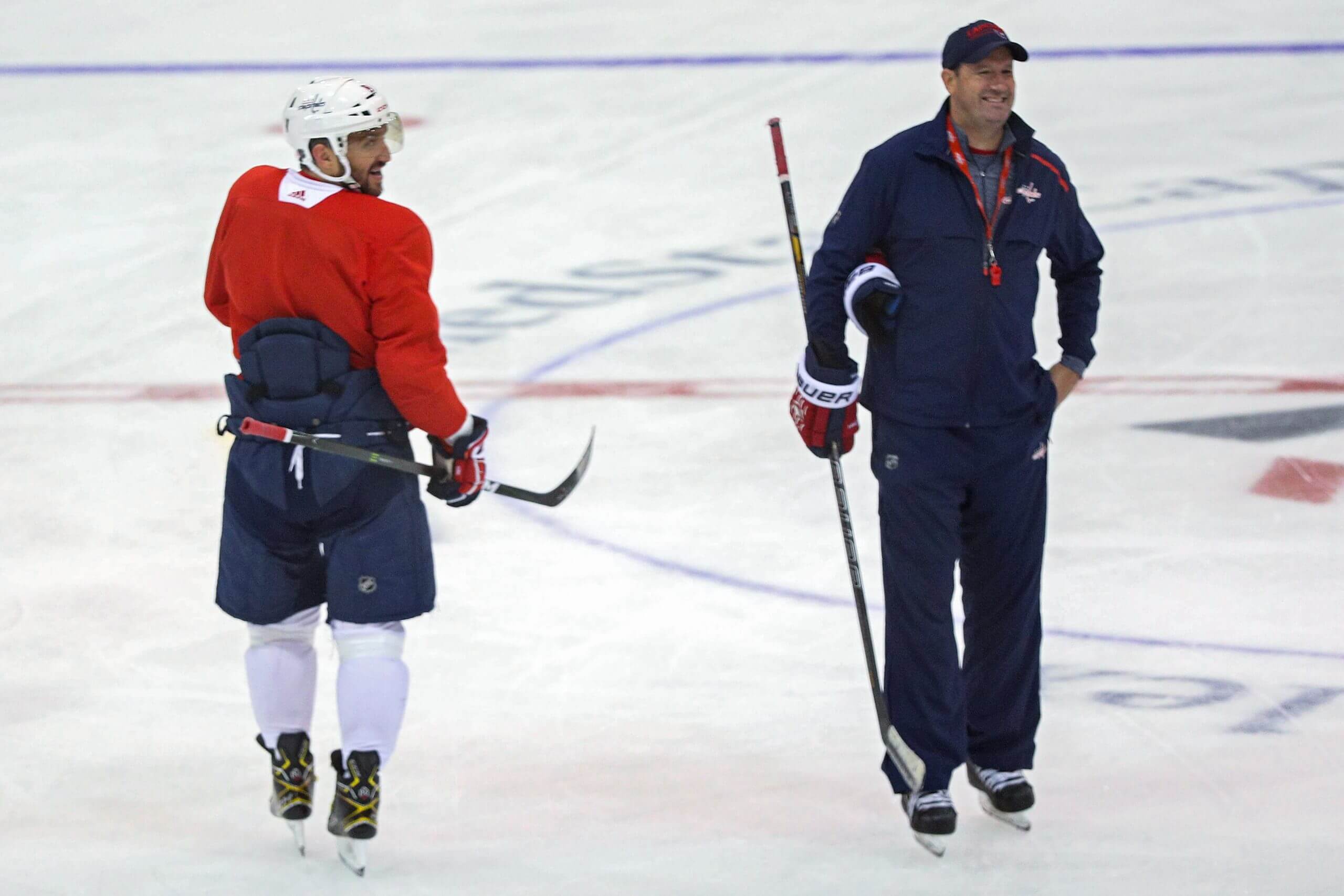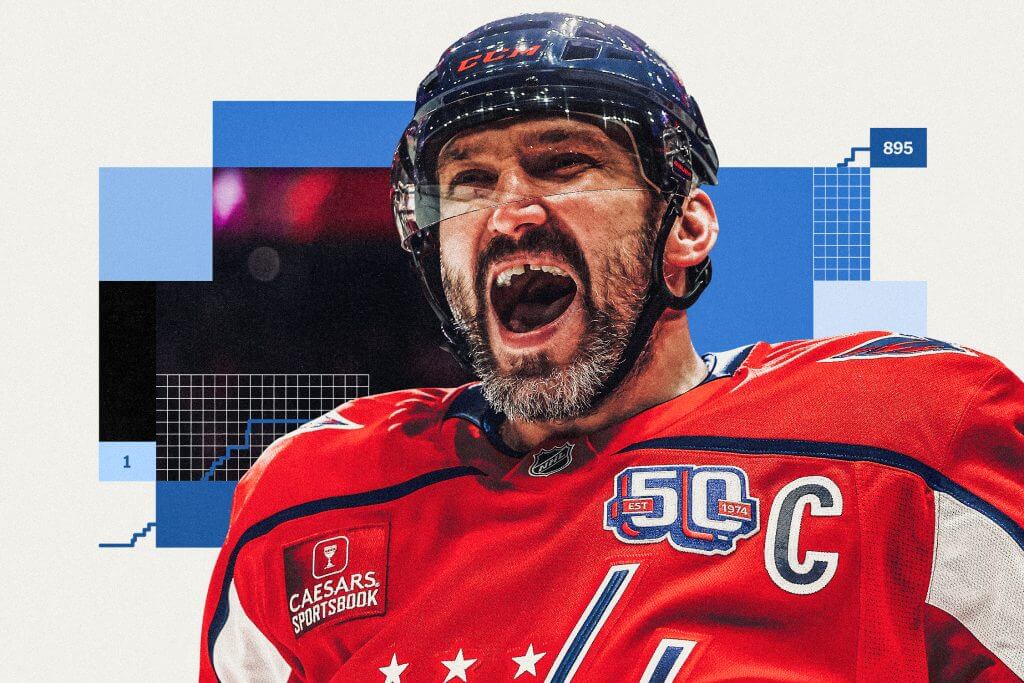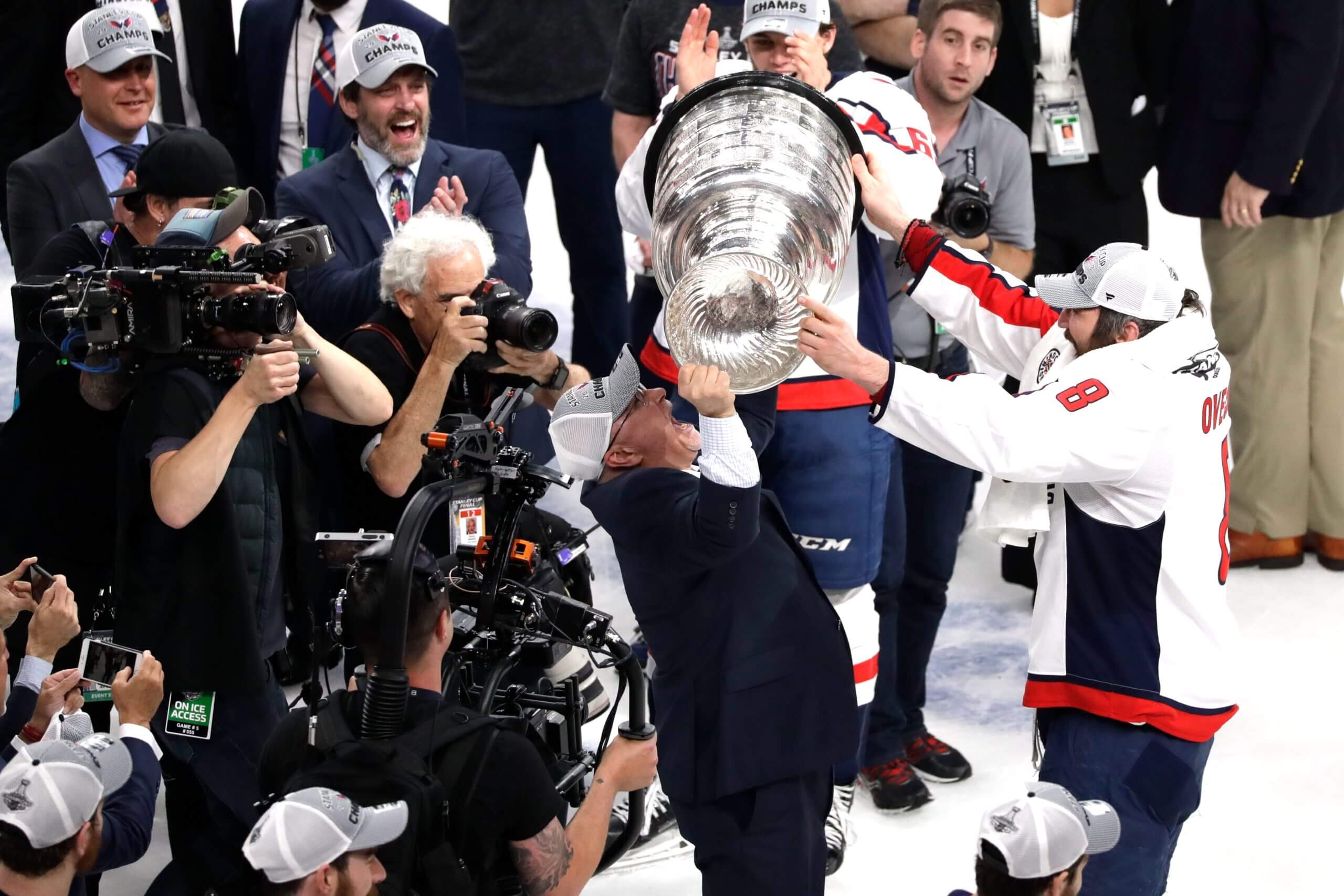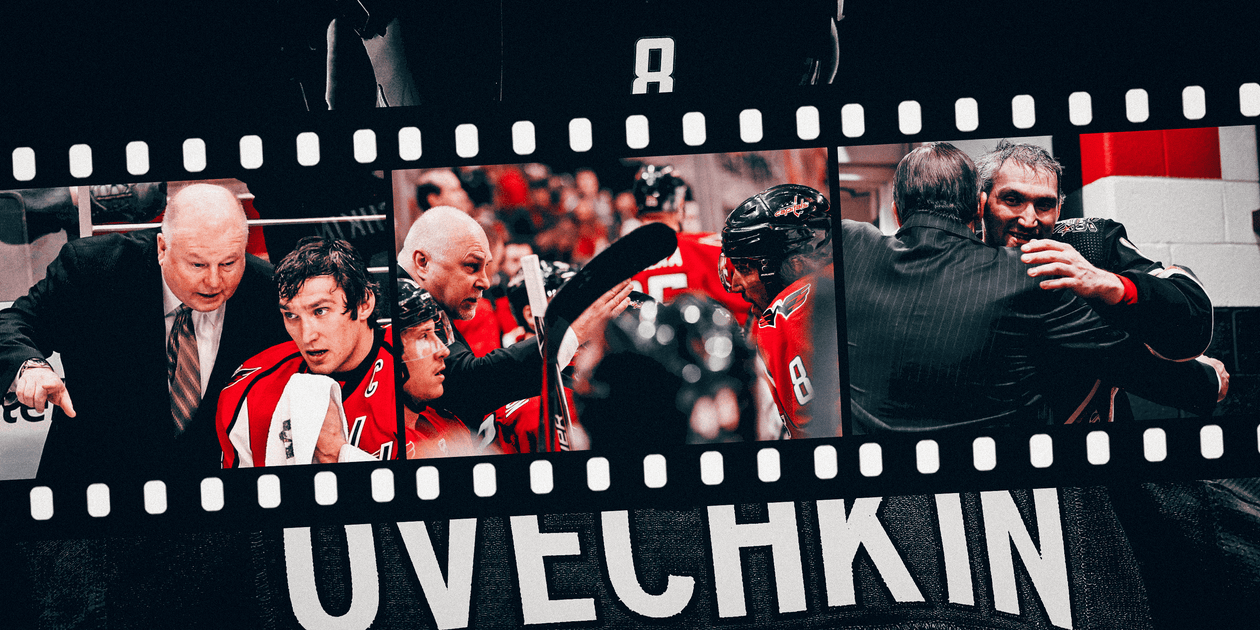The Evolution of Alex Ovechkin: A Journey to NHL Greatness

Long before it became clear that Alex Ovechkin would break the NHL’s all-time goals record, he enjoyed an impressive five-season streak as the league’s leading scorer in power-play goals. During the period from 2012 to 2017, Ovechkin netted an astonishing 101 goals while on the man advantage, prompting opponents to fundamentally alter their defensive strategies against him. The adaptations he made in response to these changes provide a fascinating insight into why he is now on the brink of history.
Todd Reirden, Ovechkin’s former coach, recalls how teams began to assign a defender specifically to shadow Ovechkin, effectively saying, “If we’re going to lose, we’re not losing to him.” However, Ovechkin did not simply accept this challenge. As Reirden recounts, Ovechkin observed a drill involving defensemen practicing one-timers and expressed a desire to join in. Consequently, they began focusing on ways to expand his shooting zone in the offensive area, allowing him to counteract the man-to-man coverage.
“He typically positioned himself at the top of the circle, where his powerful one-timer was his signature move,” Reirden explains. “But by moving him higher or lower on the ice, we broadened his shooting range. He adapted magnificently, learning to not only one-time the puck but also to receive it cleanly at high speeds, utilizing the unique trajectory of his shot.”

What stands out about this story is Ovechkin’s relentless drive to discover new methods for scoring and his openness to suggestions from a coach whose playing career was nowhere near as illustrious as his own. Before taking on the coaching role, Reirden had played as a defenseman in 183 NHL games, scoring 11 goals—878 fewer than Ovechkin’s current total.
“No one can shoot the puck like him or score the goals that he has, but if you offer him even the smallest piece of advice that could help him score another goal, he’s completely on board,” Reirden shares.
Similarly, Barry Trotz, another of Ovechkin’s coaches who had a modest playing career, observed this remarkable adaptability when he took over the Capitals in 2014. During their first meeting in Las Vegas, Trotz arrived equipped with 40 ice-breaking questions to help him get to know his star player. This marked the beginning of a four-year journey that saw Ovechkin add 185 goals to his career total and culminate in the unforgettable moment of raising the Stanley Cup at T-Mobile Arena in June 2018.
Throughout this period, Trotz found Ovechkin to be a rare superstar, one who welcomed constructive criticism. He witnessed a transformation as Ovechkin took significant strides in his preparation, focus, and commitment, especially as the pressure mounted to help the team overcome past playoff disappointments.
“There were moments when we would clash,” Trotz recalls. “But I was always impressed by Ovechkin’s passion and love, not just for the game but for life itself. He could handle tough coaching, which is an exceptional quality. Players of his caliber often resist criticism, but he embraced it. You could challenge him, and he would respond, ‘You’re right, and I’ll make it happen.’”
This unwavering attitude was evident from the onset of his NHL career. Ovechkin made an explosive debut, scoring two goals in his first NHL game in October 2005, followed by a remarkable 52-goal rookie season that exceeded the lofty expectations for a No. 1 draft pick.
Glen Hanlon, who was Ovechkin’s first coach with the Capitals, reflected on his early days, noting, “It’s hard to describe, but he didn’t seem like a junior hockey player. He was ready for the big stage.”

Bruce Boudreau, who succeeded Hanlon, found Ovechkin to be the “perfect superstar,” a player seemingly impervious to external criticism and who maintained a joyful spirit even as his fame grew. When Trotz arrived in Washington, he encountered a player who was on the verge of his 500th career goal, yet one who was unlike any superstar he had previously coached.
“Coming from Russia, where most players are a bit reserved, Ovechkin was the opposite—loud, vibrant, and captivating,” Trotz remarks. “He has that ‘it’ factor that draws your attention. Even today, whenever he’s on the ice, your eyes are glued to him.”
Over the years, many NHL players have utilized their physicality or shooting prowess to dominate games, but Trotz believes no one has ever combined those attributes quite like Ovechkin. Coupled with an indomitable will that keeps him rarely sidelined by injury—“He’s a player who never stops,” says former coach Peter Laviolette—and a genuine joy in celebrating the successes of his teammates, it becomes clear why those closest to him believe he is poised to surpass Wayne Gretzky’s record, a feat once deemed impossible.
“It’s a valuable life lesson: if you love what you’re doing, you will always excel,” Reirden reflects. “Ovechkin has faced challenges, including slumps, and we’ve had to employ various strategies to navigate through those tough patches during our time together. He’s incredibly coachable and is always eager to improve.”
Interestingly, the goals that Ovechkin’s coaches cherish the most are not necessarily the ones that will contribute to a record-breaking total. Trotz fondly remembers a goal Ovechkin scored against Tampa Bay during the 2018 Eastern Conference final as one of his best, while Reirden treasures the moment Ovechkin became the first Russian captain to win a Stanley Cup.
In retrospect, that championship victory may have been the key to unlocking his subsequent scoring spree. Trotz believes that the pressure of not having a championship weighed heavily on Ovechkin. Following their Stanley Cup triumph, celebrated in a D.C. fountain on his 33rd birthday, Ovechkin has since netted an additional 281 goals, now standing just six away from breaking Gretzky’s historic record.
“When I met him, he was frustrated by his lack of a Cup,” Trotz recalls. “I told him, ‘You won’t be defined by a Cup. Think of all the kids who aspire to be like Alexander Ovechkin, all the fans who pay to see you play.’ He is unique—something we have never witnessed before. He transcends generations; we may never see another player like him.”
(Illustration: Demetrius Robinson / The Athletic; Photos: Geoff Burke / Imagn Images, John McCreary / NHLI, Patrick Smith / Getty Images)

